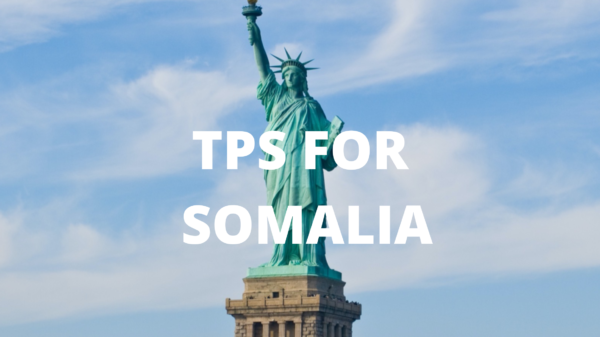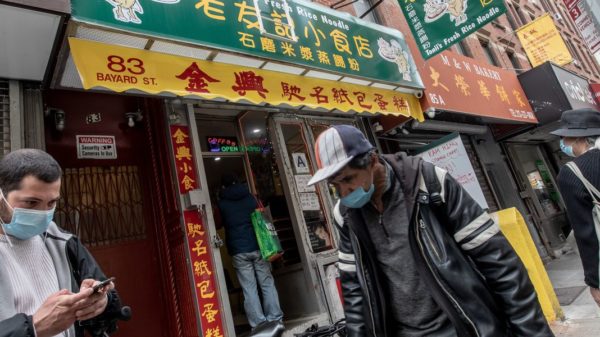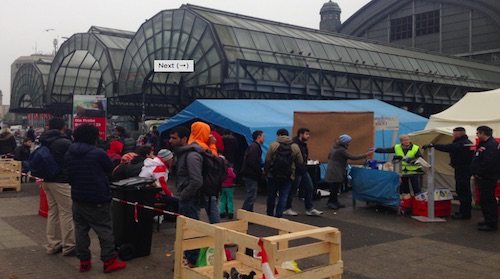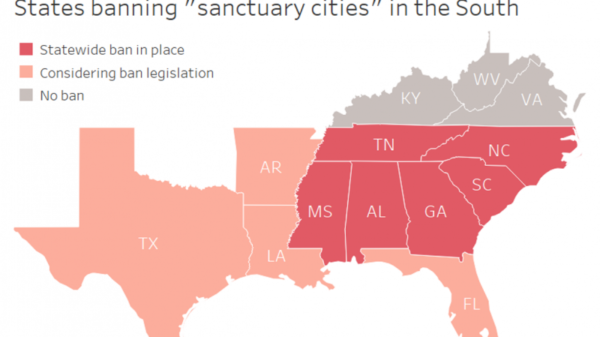A briefing, hosted by Ethnic Media Services (EMS), illuminated the critical issues plaguing the United States’ legal immigration system. With only about 3% of green card applicants expected to receive permanent status this year, and a staggering 35 million pending applications, the system faces an unprecedented crisis. The root of this problem lies in a century-long history of immigration restrictions, exacerbated by political complexities.
David J. Bier, Associate Director of Immigration Studies at the Cato Institute, led the discussion by tracing the evolution of immigration policies. He highlighted how caps and quotas, coupled with processing delays and inefficiencies, have led to a wasteful allocation of available green cards. The system, designed to discourage legal immigration, has created a massive backlog and perpetuated an approval rate plummeting from 98% to a mere 3%.
Bier’s comprehensive analysis emphasized the need for substantial reforms, advocating for the lifting of caps and a significant expansion of legal immigration channels. He emphasized that such measures would not only benefit the U.S. economy but also alleviate strain on the Social Security fund. Bier illustrated the complexity of the green card application process through a visual representation, emphasizing the daunting nature of navigating the system.
The briefing underscored the disparities between the demand for green cards and the limited supply dictated by outdated immigration laws. Bier’s breakdown of application categories, from diversity lottery programs to family sponsorships and employment-based visas, highlighted the numerous pathways individuals pursue to obtain legal permanent residence. However, he also highlighted the dismal approval rates across these categories, exemplifying the system’s inefficiency.
Bier’s analysis dispelled common misconceptions, such as the notion of a ‘small America’ unable to accommodate newcomers. He emphasized the vast potential for the United States to absorb and benefit from a larger, legalized population. Drawing comparisons with countries like Canada, he argued that the U.S. could easily accommodate increased immigration without compromising its social or economic stability.
Summing it all, the briefing urged policymakers to prioritize comprehensive immigration reform to address the systemic issues plaguing the legal immigration system. By modernizing policies, increasing quotas, and streamlining processes, the United States can unlock the full potential of legal immigration and reaffirm its status as a welcoming and prosperous nation.
Jack Maldi, representing the Bipartisan Policy Center (BPC), continued the briefing by delving into the economic implications of clearing the green card backlogs. Maldi highlighted the BPC’s mission to foster bipartisan collaboration in crafting policy solutions aimed at improving lives.
He emphasized that the green card backlog is driven primarily by annual limits imposed on green card issuance, creating a bottleneck in the system. Maldi’s presentation underscored the convoluted nature of these limits, which include country-specific caps and various subcategories, contributing to the complexity of the issue.
Additionally, Maldi identified processing backlogs within agencies such as the State Department and USCIS as another significant factor exacerbating the problem. These processing delays further compound the challenges faced by individuals seeking legal permanent residence.
Maldi presented findings from the BPC’s report titled “Green Light to Growth,” published in November of the previous year. The report quantified the economic benefits of clearing the green card backlogs, focusing on two key channels: new entrants into the workforce and the removal of labor market restrictions for individuals already within the country.
The analysis revealed substantial GDP gains over the next decade if the backlogs were hypothetically cleared, with estimates reaching trillions of dollars. The majority of these gains were attributed to clearing the family-based backlog, emphasizing the economic significance of welcoming new entrants into the country.
Moreover, Maldi highlighted the importance of considering the geographic distribution of these benefits. While every state stands to gain, certain states, such as California, Texas, Florida, and New York, would benefit more significantly due to their higher immigrant populations. Maldi suggested the possibility of leveraging immigration policy to more evenly distribute these benefits across the country.
Maldi stressed the need for comprehensive reforms that address both the annual limits on green card issuance and the processing delays within government agencies. By tackling these issues, policymakers could unlock significant economic benefits and create a more equitable immigration system that contributes to the nation’s prosperity.
Sarah’s Meta, an attorney who works directly with individuals waiting for green cards, provided a poignant perspective on the human toll of the immigration backlog. She emphasized the personal stories of frustration and uncertainty faced by her clients and their families as they navigate the complexities of the immigration system.
Meta highlighted the plight of skilled workers, especially those from India, who face staggering wait times for employment-based green cards, sometimes spanning a lifetime or even a century. Despite legally residing in the U.S. on temporary visas, these individuals remain bound to their employers, unable to fully contribute to society or pursue their aspirations.
Moreover, Meta shed light on the challenges faced by families, particularly the children of immigrant workers. She described scenarios where children aged out of dependent status before obtaining permanent residency, forcing them into precarious situations where they struggle to maintain legal status and face barriers to education and employment opportunities.
Meta’s impassioned plea emphasized the urgent need for immigration reform that addresses the human cost of the backlog. She underscored the impact on individuals’ lives, emphasizing that behind the statistics and policies are real people enduring emotional distress and uncertainty about their futures.
Finally, Meta’s testimony reinforced the importance of prioritizing humane immigration policies that uphold the dignity and rights of individuals and families impacted by the backlog. She urged policymakers to consider the human face of immigration reform and work towards solutions that provide relief to those caught in the never-ending limbo of the current system.
#GreenCard #ImmigrationReform #USImmigration #LegalImmigration #EconomicGrowth #BipartisanSolutions #PolicyChange #BacklogFix #ImmigrationSystem #USPolicy #VisaProcessing #ImmigrationCrisis #LegalStatus #HumanRights #USLaw #ImmigrationLaw #PolicyReform #GovernmentAgencies #FamilySponsorship #EmploymentVisas #ImmigrantRights #USPolicyChange #EconomicImpact #ImmigrationIssues










